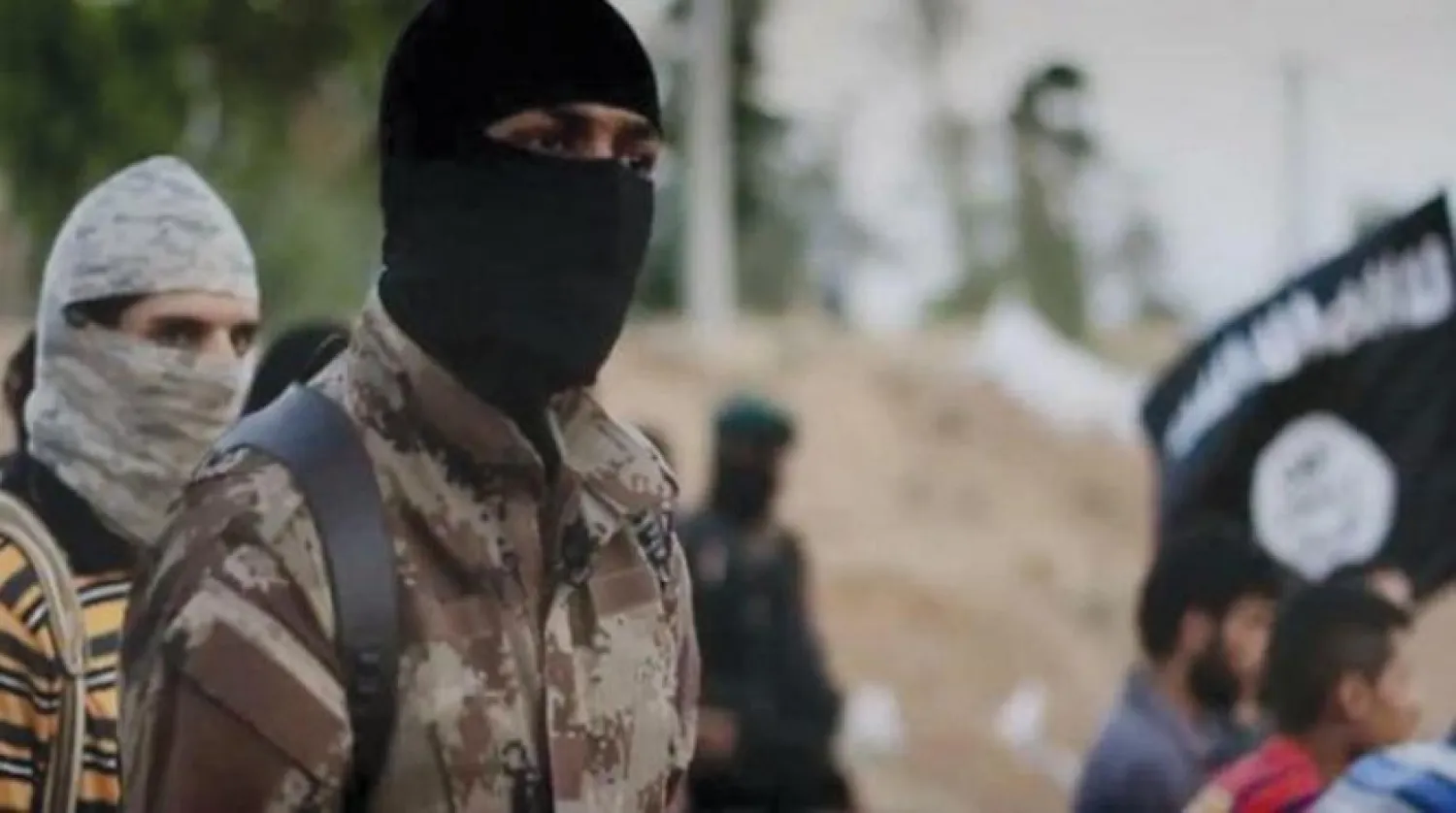The presence of the ISIS terrorist group is still felt strongly on the ground in Syria, months after the international coalition declared its defeat in March 2019.
The terrorist group is making its presence felt through its escalation of attacks against the regime and Syrian Democratic Forces (SDF), said the Syrian Observatory for Human Rights.
In return, military operations waged by the SDF with the support of the international coalition have been on the rise against ISIS remnants, as have security operations by the regime, with Russia’s cooperation.
The Observatory said ISIS was escalating its attacks in various regions of the Syrian Desert (Badia), targeting the regime and its allied militias. It has carried out ambushes against them, as well as bombings and targeted attacks, incurring human and material losses every time.
The attacks are taking place despite Russia and the regime’s intense aerial bombardment of areas where ISIS is deployed. Clashes and strikes intensified in October in the Aleppo, Hama and al-Raqqa regions, as well as the desert areas of Homs and Deir Ezzor.
According to the Observatory, ISIS has managed to kill 92 regime and allied militia fighters in October through ambushes and attacks in the Badia. March 24, 2019, the Observatory has documented the killing of at least 1,020 regime soldiers and loyalists of Syrian and non-Syrian nationalities, including at least two Russians, and 140 Iranian-backed militiamen of non-Syrian nationalities.
In the same period, four civilians working in gas fields, 11 shepherds and four other people were killed in attacks by ISIS cells, while 562 members of the terrorist organization were killed in attacks and bombardment.
The Observatory said the situation in SDF-controlled areas has not been much better than that of the regime-controlled areas, as ISIS cells are numerous and have been widely active, moving in the region “comfortably” in the wake of the “timid” security campaigns by the SDF and the international coalition.









